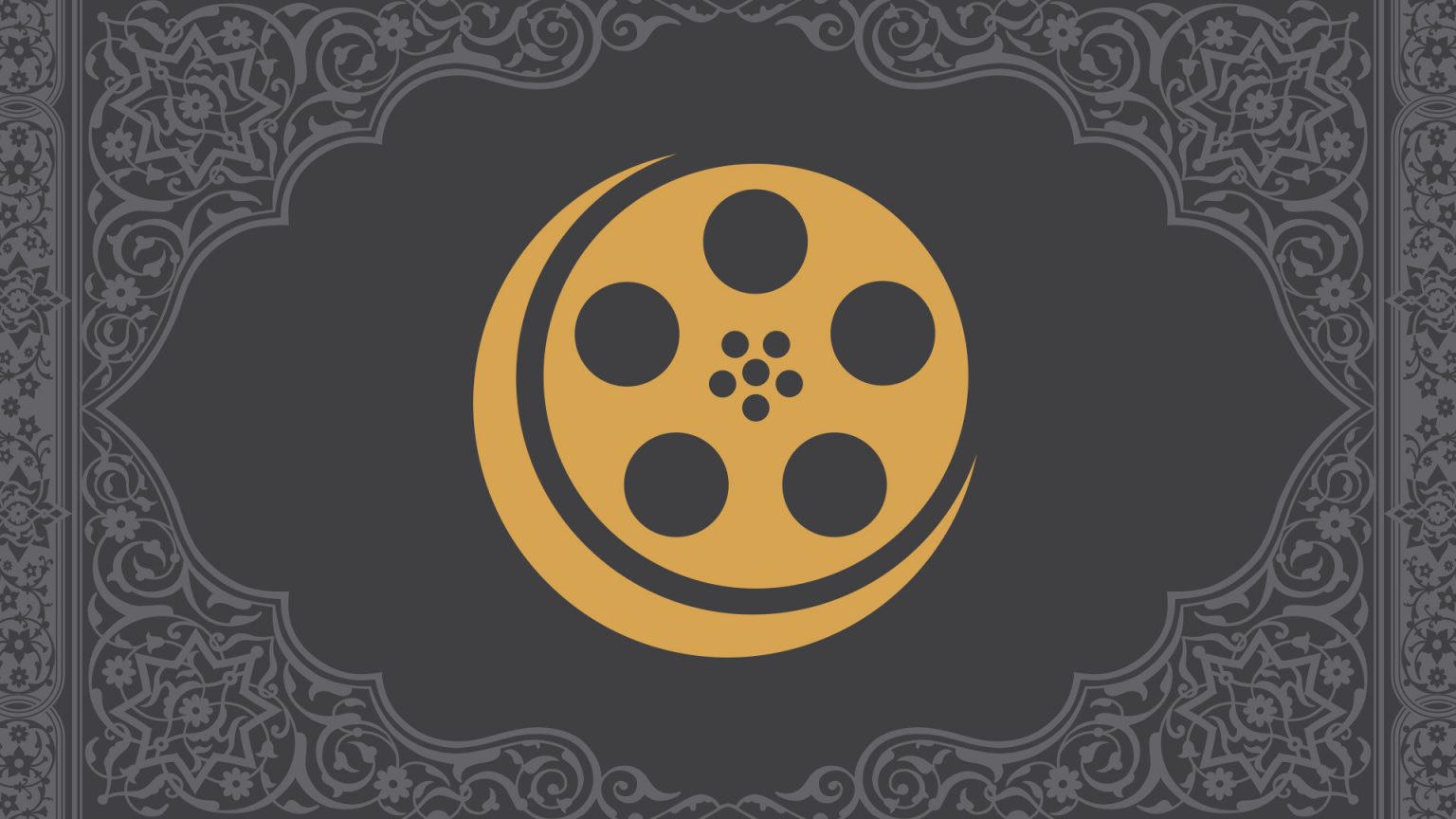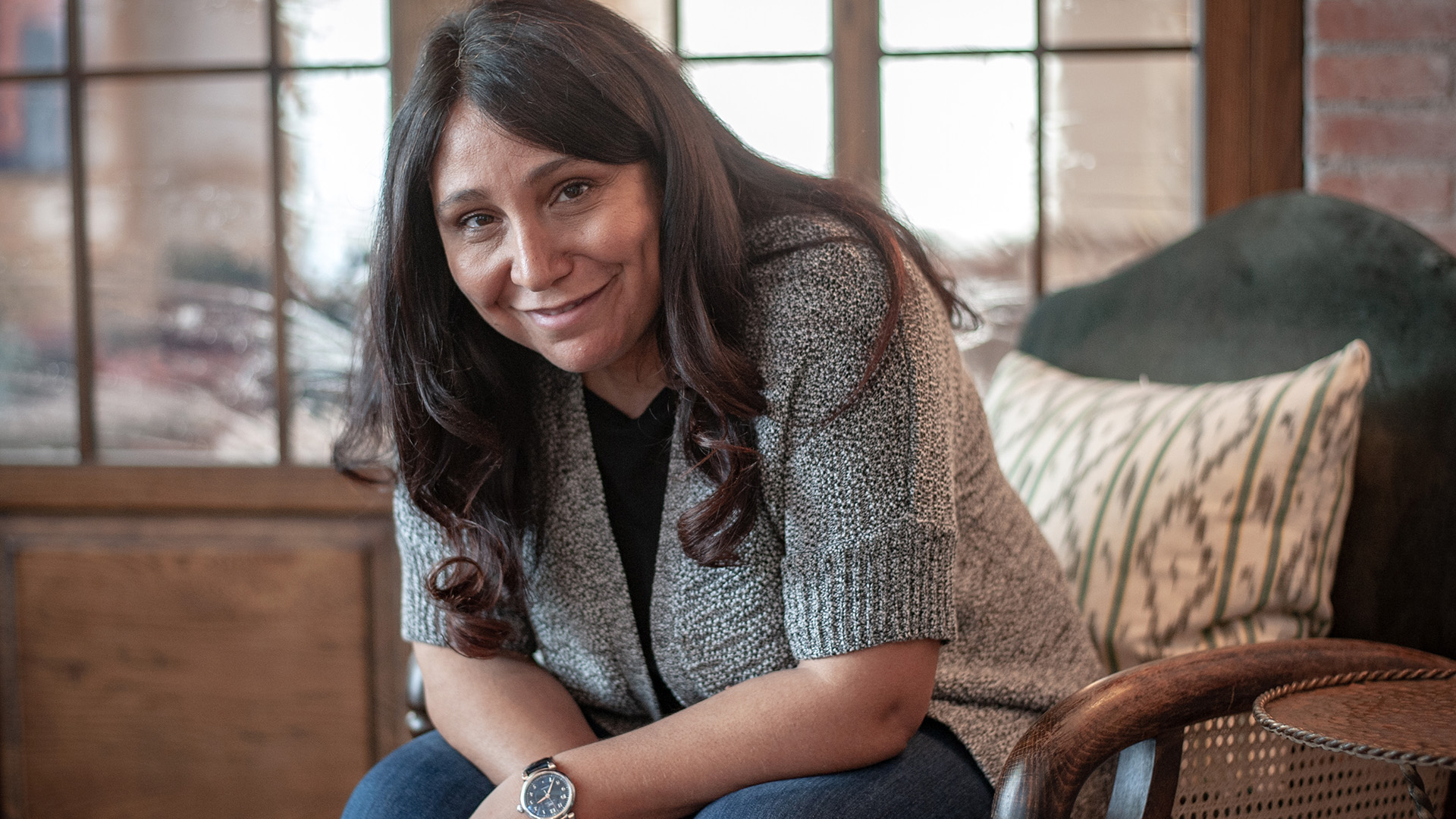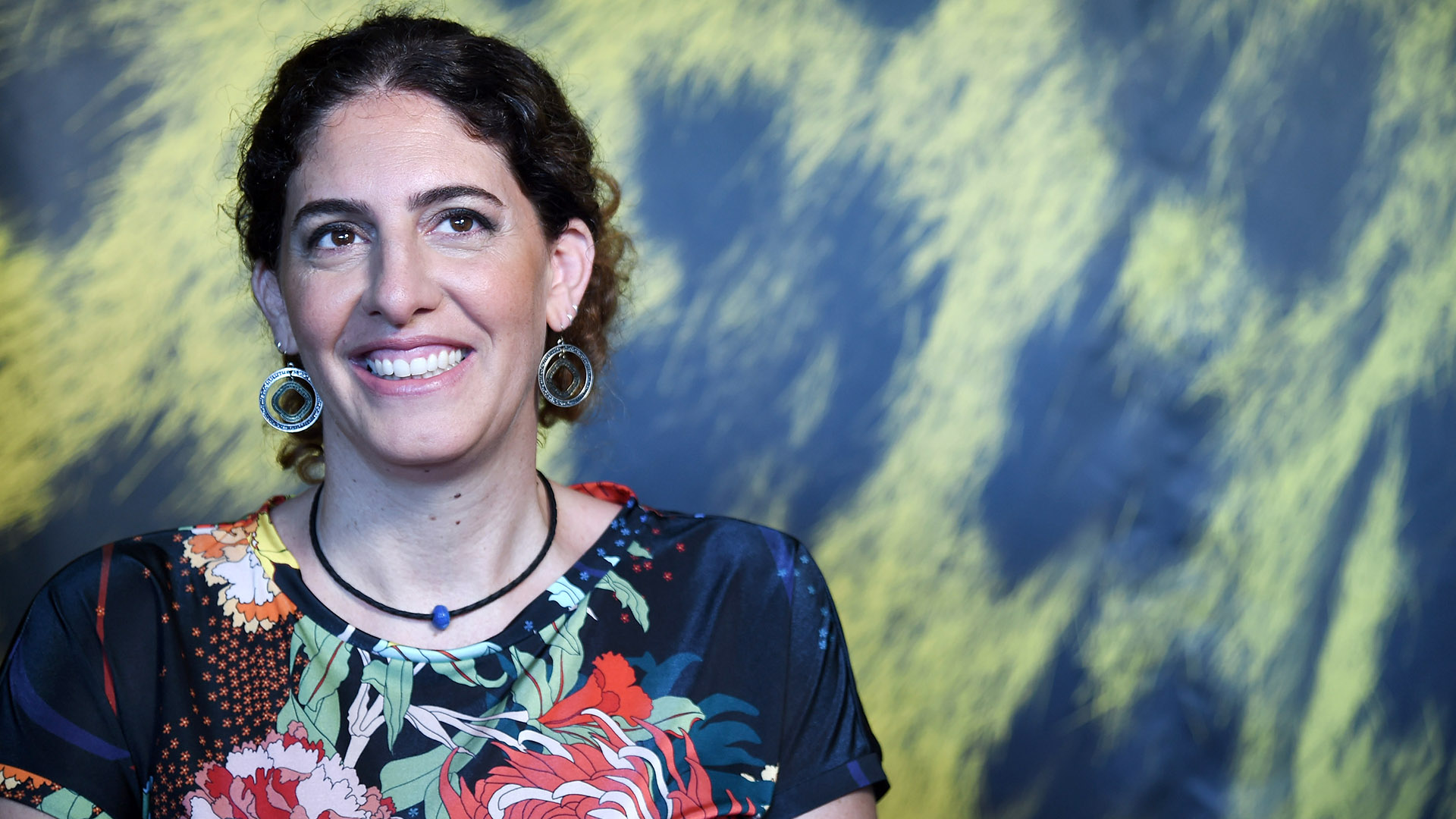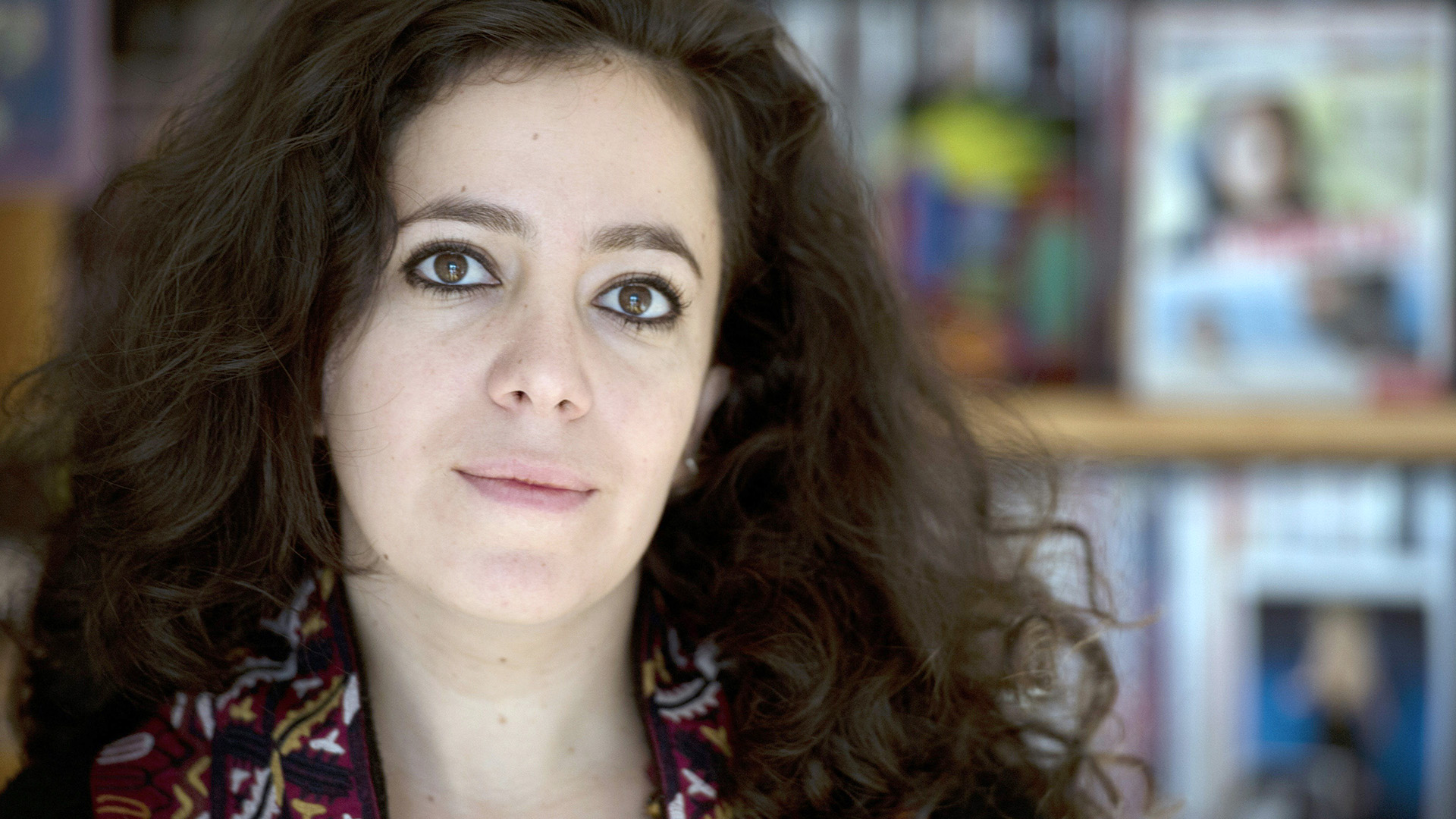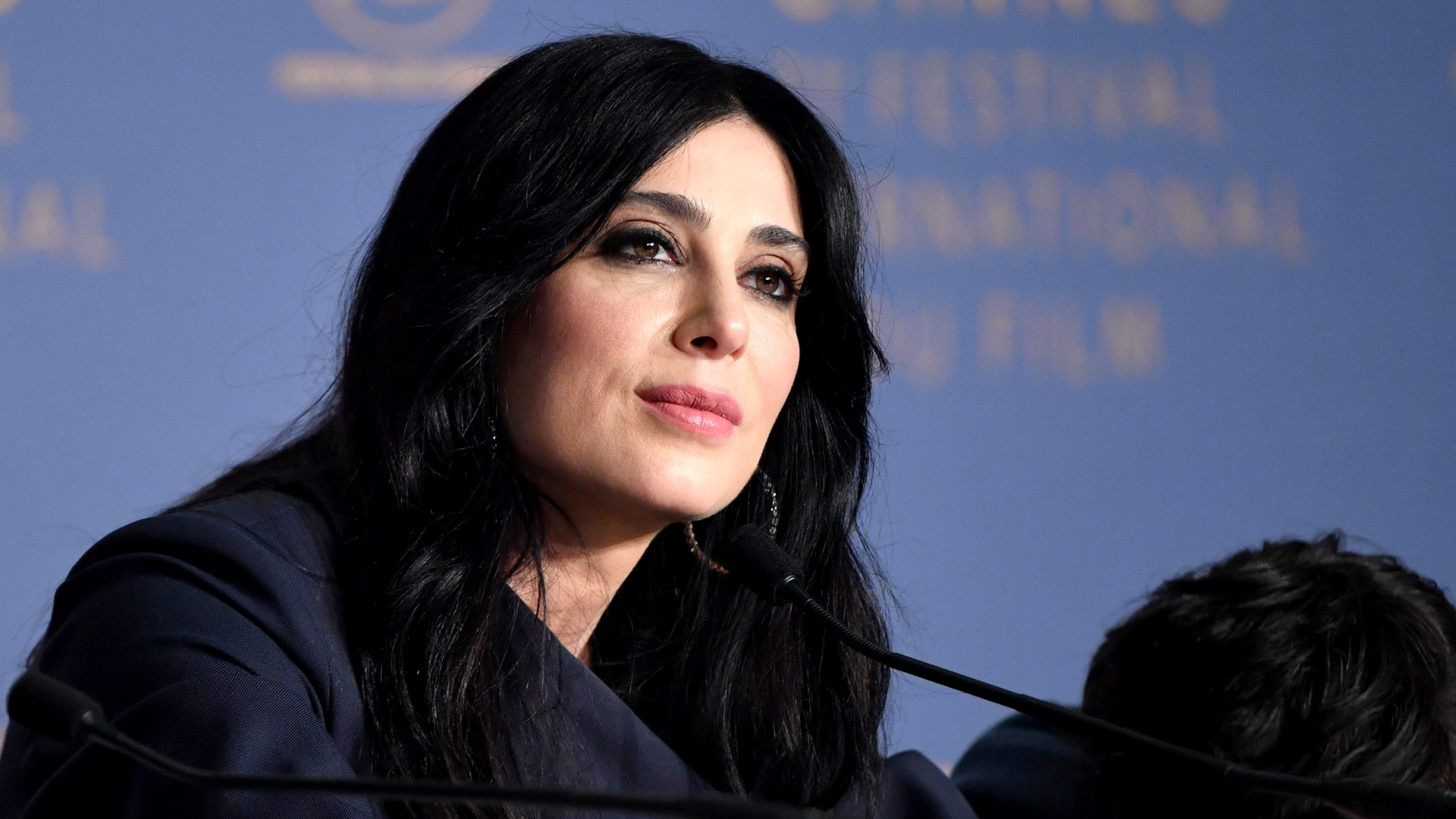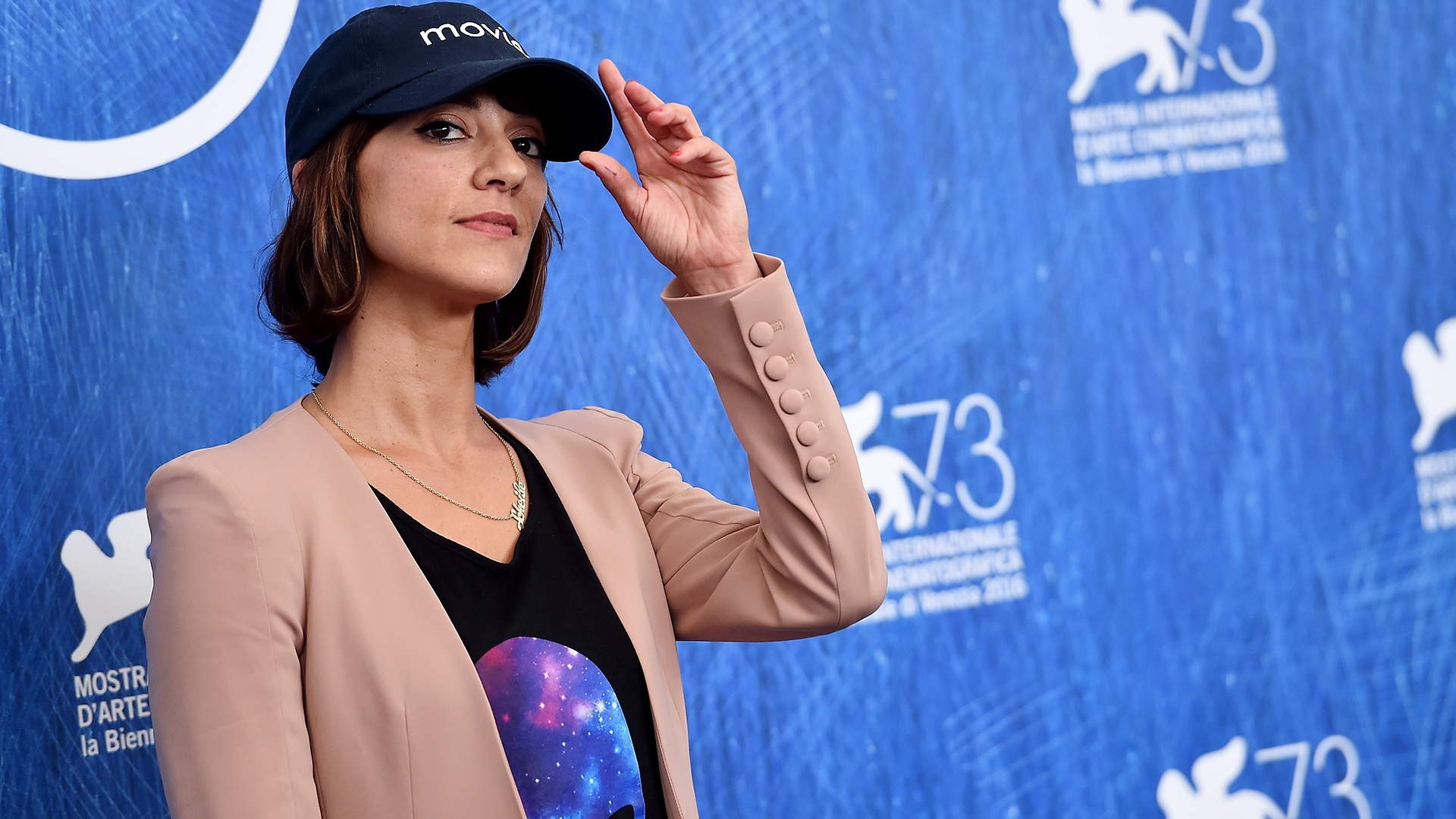Today is Women’s Equality Day, and though there have been…let’s say, setbacks this year, it’s also important to remind ourselves just how far we’ve all come as a global culture in the fight for gender equality. As Western society begins to wake up to the injustices brought to light through movements like #Metoo, women in the artistic community are gaining more power to tell stories that need to be told. A similar rise can be noticed in other parts of the world. In the Middle East, women fight daily for their basic human rights; it’s a fight so old that it is often overlooked. Today, we take this chance to turn our gaze to the East, where the artistic presence of female filmmakers is on the rise. Here are five notable directors leading the way.
Haifaa Al-Mansour – Saudi Arabia
The first female filmmaker to come out of Saudi Arabia, Haifaa Al-Mansour directed her first feature film, Wadjda, in her home country while cinema was still illegal, and the construction of movie theatres was forbidden. In fact, because women are not allowed in certain public spaces in her country, she had to direct some of the exterior scenes of the film from inside a closed van. The film premiered at the Venice Film Festival in 2012 and went on to receive many awards and nominations from all around the globe. It tells the story of a free-spirited girl, whose only goal is to ride a bicycle. The only problem is that girls are not allowed to ride in their country. The filmmaker infiltrates her strictly walled society while offering the audience a never-before-seen female perspective of the lives of women in Saudi Arabia — a world of religious rules, shame, and taboos. 2018 saw Al-Mansour’s Hollywood debut with Mary Shelley, starring Elle Fanning.
Annemarie Jacir — Palestine
Annemarie Jacir has a strong political perspective, and she does not turn away from politics in her hopeful and humanistic films. In her second feature film, When I Saw You, she portrays one of the darkest times in Palestine, namely the late 60s, through the eyes of a bright young refugee, who is in search of his lost father. She gives her audience a view of the special relationship between Tarek, the child, and his mother. She purposefully avoids much of the tragic aspects of Tarek’s story, choosing rather to focus on the hope that can be found amongst the darkness, the blood, and the war, which are still clearly present in her story. She recognizes that making films of hope is an act of resistance.
Leyla Bouzid — Tunisia
Heavily influenced by the Arab Spring in 2011, Bouzid’s artistic voice speaks loud and clear. Bouzid wrote and directed her first feature film, As I Open My Eyes, in 2015. The movie depicts the months leading up to the youth revolt in Tunisia from the perspective of Farah, a free-spirited eighteen-year-old, as she explores a male-dominated nightlife (and fear-ridden police state), and fights a daily struggle to live her life by her own rules and sing with her band about the injustices in her country. Bouzid portrays an uncompromising vision of the relationship between Farah and her mother, which sums up many such relationships in the Arab world, as well as the systematic breakdown of youthful spirit by a paranoid and unforgiving society. We see in Farah’s relationship with her mother the conflict between the conservatism of the older generation and the rebellious free spirit of the younger.
Nadine Labaki — Lebanon
With each of her films, Nadine Labaki makes history, and in 2018 she became the first Arab filmmaker to win the Grand Jury Prize at Cannes with her film, Capernaum, which was also nominated for the Palme d’Or. Labaki’s protagonists are strong, independent women, whose stories revolve around the struggles inherent in the roles they must play in Middle Eastern society — from Caramel, in which she tells the story of five women and their romantic relationships, to Where, Do We Go Now? in which she tells the story of the women of a village torn apart by religious differences, and how these women, must solve these problems in spite of the hot-tempered men. She acts in almost all of her films, and her performances have a beautiful, humorous touch. Utilizing non-actors, she hunts for spontaneity and improvisation, and her films usually have a light-hearted tone but are also deep and truthful.
Ana Lily Amirpour — England/Iran
This Iranian/English filmmaker became an icon with her first feature film, A Girl Walks Home Alone at Night, which became an instant cult classic. The rebellious spirit of Amirpour springs forth through her imagery and artistic vision, which can be classified in that film as “punk-rock meets Iranian vampire fantasy.” In the movie, a burqa-wearing female skateboarding vampire roams the streets, feeding on exploitative men. The film represents the rebellion against customs and traditions and holds a very bleak view of Tehran’s nightlife. The director continues her success with her newest film The Bad Batch.
Watch Now: Fandor’s deep library of Middle Eastern Films.

